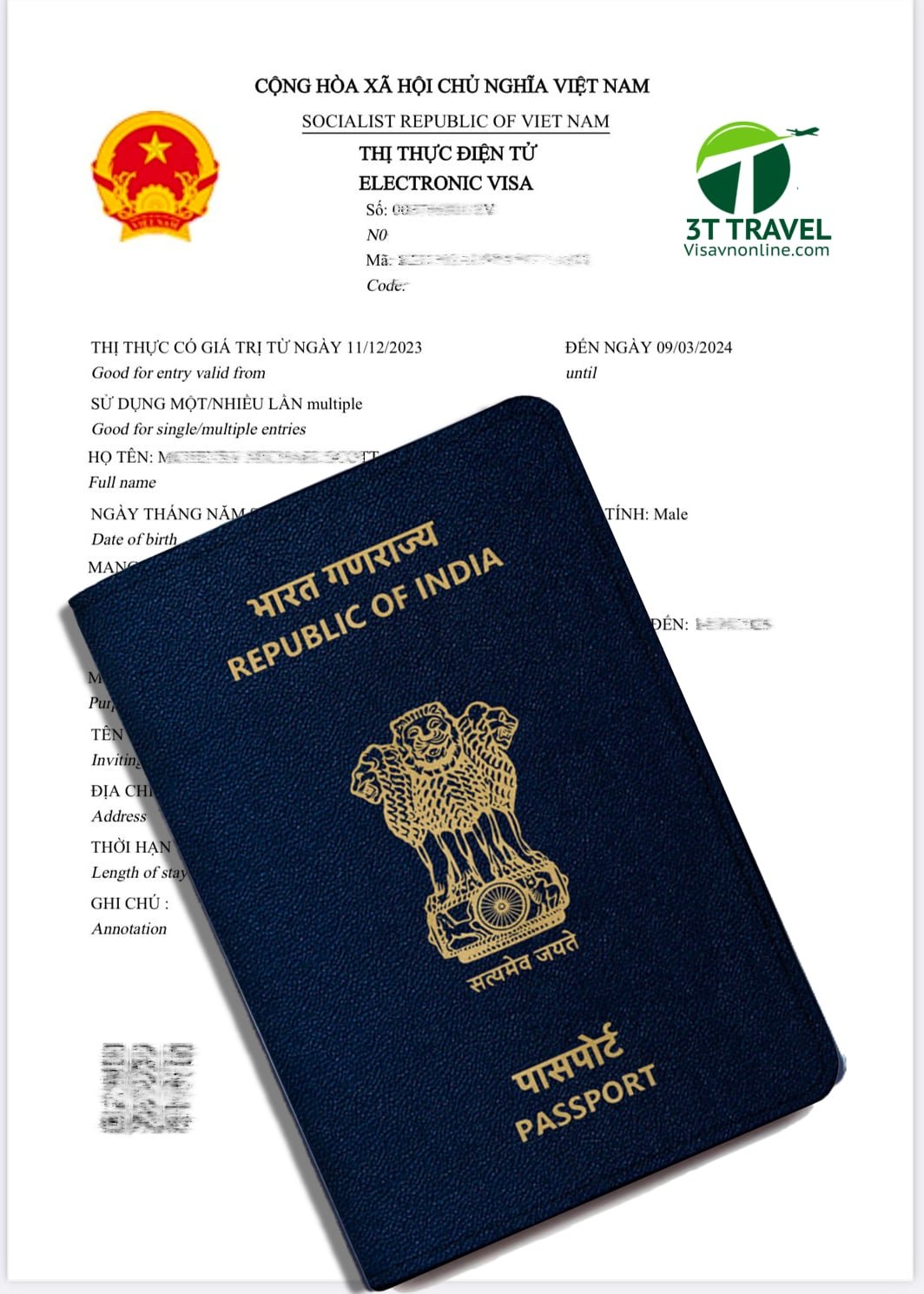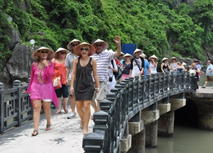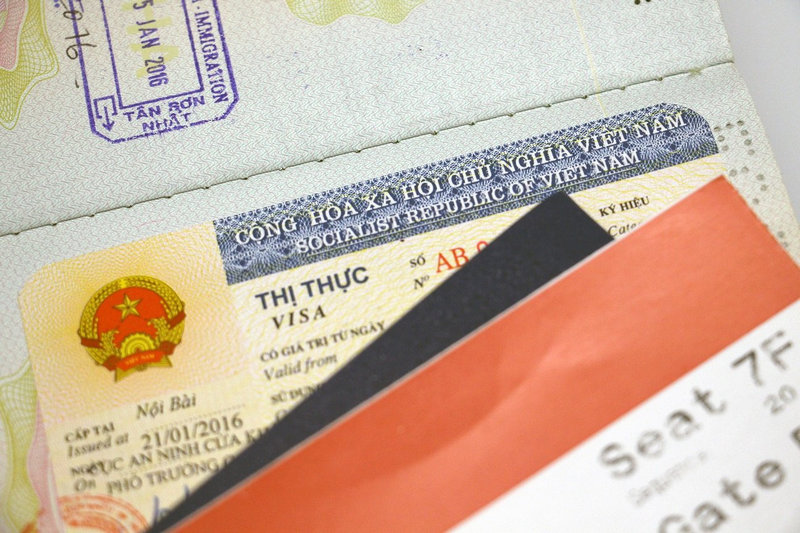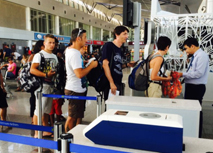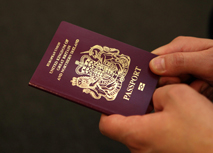Vietnamese culture is a colorful tapestry of tradition and modernity, where the delicate fusion of Eastern and Western elements creates a distinctive and diverse cultural identity. Join Visavnonline.com on a journey to uncover what Vietnamese culture is known for, the hidden beauty of this cultural heritage, from delectable traditional cuisine to vibrant festivals, from soulful folk melodies to exquisite masterpieces of traditional art.
Introducing the Richness and Diversity of Vietnamese Culture
Vietnam is a country with a rich and diverse culture. With thousands of years of formation and development, Vietnamese cultural fact has been influenced by various ethnic groups and neighboring nations, creating a unique collection of cultural values.
Vietnamese culture encompasses arts, literature, music, dance, traditional festivals, and a wide range of customs and traditions. Vietnamese people take pride in their cultural heritage, such as the traditional "ao dai" attire and the diverse cuisine featuring iconic dishes like "pho," "nem," "banh xeo," and many other unique specialties.
Vietnam also cherishes its traditional festivals, such as Tet Nguyen Dan (Lunar New Year), the Mid-Autumn Festival, and numerous folk festivals. These celebrations symbolize unity, joy, and prosperity.
Moreover, Vietnam's culture is evident in the architectural marvels of ancient structures like temples, shrines, and palaces, as well as modern architecture in bustling cities. These buildings reflect both respect for tradition and the country's progress and development.
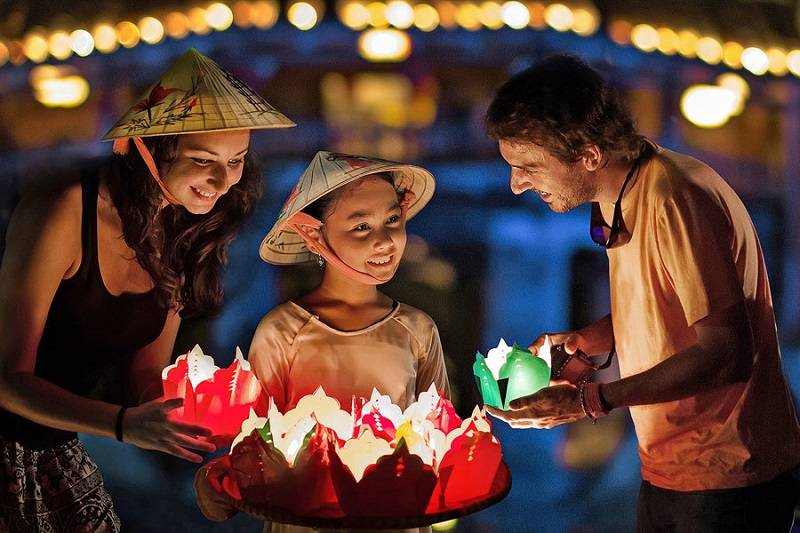
Vietnamese culture encompasses arts, literature, music, dance, traditional festivals, and a wide range of customs and traditions
The Essence of Vietnamese Culture
The essence of Vietnamese culture is the result of blending and influences from various other cultures throughout its historical development. Vietnam's culture has been shaped and evolved over thousands of years, leaving marks of different dynasties and ancient civilizations. This has created a unique and diverse cultural identity, manifested in various aspects of Vietnamese life and thinking.
Family and community play a crucial role in Vietnamese culture. Family is considered a place of peace and warmth, nurturing and imparting moral values to the younger generations. Respecting the elderly and preserving traditional values are integral parts of daily life for the Vietnamese people. Unity and mutual support within the community are also beautiful aspects of Vietnamese culture.
Furthermore, showing respect and gratitude towards ancestors, religions, and beliefs are highly valued in Vietnamese culture. These values are demonstrated through rituals, festivals, and traditional celebrations that the Vietnamese often organize to honor and remember those who came before them.
Vietnamese Culture - Festivals and Holidays
Vietnamese culture is vividly reflected through its special festivals and holidays, imbued with rich traditions and spiritual significance. These festivals and holidays are important occasions for Vietnamese people to gather, reunite, and cherish memorable moments together. Below are two of the main festivals and distinctive holidays in Vietnamese culture:
Tet Nguyen Dan (Tet)
Tet Nguyen Dan, also known as Tet, is the most significant and grandest festival of the year for the Vietnamese. Usually falling in January or February of the lunar calendar, Tet is a time for people to welcome the new year and wish for a peaceful, fortunate, and prosperous year ahead. During Tet, families come together, visit each other, and enjoy traditional dishes. Lion dances, artistic performances, and vibrant fireworks are typical features of Vietnamese Tet celebrations.
Mid-Autumn Festival (Tet Trung Thu)
The Mid-Autumn Festival, or Tet Trung Thu, takes place on the 15th day of the 8th lunar month every year. It is an occasion to honor family bonds and foster affection. On this day, children are often gifted with beautiful lanterns and participate in joyful activities, including dancing and singing under the moonlight. An indispensable specialty of the Mid-Autumn Festival is mooncakes, round cakes symbolizing completeness and happiness.
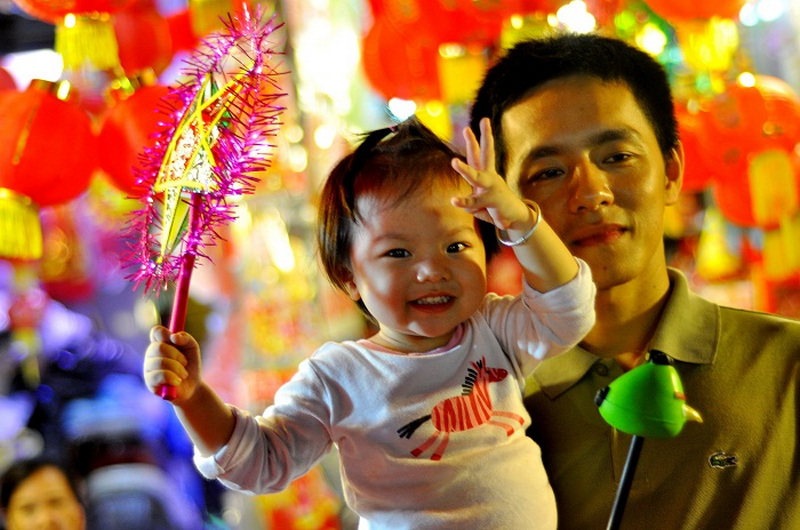
Vietnamese culture is vividly reflected through its special festivals and holidays, imbued with rich traditions and spiritual significance
Traditional Vietnamese Cuisine
Traditional Vietnamese cuisine is an integral part of the country's unique culture, offering enticing flavors and special dishes. Below are notable highlights of traditional Vietnamese cuisine:
Unique Flavors and Diverse Dishes
Vietnamese cuisine is diverse and distinctive, reflecting the harmonious blend of geographical and cultural elements from each region. You will have the opportunity to savor signature dishes such as pho, banh mi, bun cha, nem, goi cuon, iced milk coffee, and many more. From the simplicity of street food to the refinement of dishes served at elegant banquets, Vietnamese cuisine undoubtedly provides exceptional culinary experiences.
The Art of Cooking and Dining Customs
Cooking is a special art in Vietnamese cuisine, showcasing meticulousness and finesse in every dish. The use of fresh and unique ingredients results in flavorful, visually appealing, and mouthwatering dishes. Additionally, Vietnamese dining customs are worth exploring. Sitting around a family dining table and sharing traditional dishes are integral parts of Vietnamese culinary culture.
Traditional Vietnamese cuisine not only offers delicious food but also embodies the spirit and cultural traditions of the country. Travelers will have the chance to savor and experience the uniqueness and depth of Vietnamese cuisine when visiting this nation.

Cooking is a special art in Vietnamese cuisine, showcasing meticulousness and finesse in every dish
Language and Communication
Language and communication play a crucial role in experiencing the culture of a country. Here are some important points about language and communication in Vietnam:
Basic Vietnamese Phrases for Travelers
When traveling in Vietnam, understanding and using basic Vietnamese phrases can be very helpful. Some essential phrases include "xin chào" (hello), "cảm ơn" (thank you), "xin lỗi" (excuse me), "tôi muốn" (I want), and "giá bao nhiêu?" (how much?). Using these simple phrases will make it easier for you to communicate with the local people and create a friendly atmosphere.
Cultural Exchange through Language
Language serves as a bridge for communication between travelers and the local people. When you use Vietnamese in your communication, the local people will greatly appreciate your effort. Learning and using some common phrases will show your respect for the culture and the local people.
By using these phrases and engaging in cultural exchanges through language, you can enhance your travel experience in Vietnam and foster meaningful connections with the locals.
Traditional Arts and Crafts of Vietnam
The traditional arts and crafts of Vietnam are an essential part of the country's cultural heritage. Here are some interesting facts about vietnamese culture, notable aspects of Vietnam's traditional arts and crafts:
Showcasing Vietnamese Handicrafts like Ao Dai, Lacquerware, and Pottery
Vietnam is renowned for its unique arts and crafts, including iconic items like Ao Dai, lacquerware, and pottery. Ao Dai is the traditional dress of Vietnamese women, representing elegance and grace. Lacquerware and pottery are also distinctive features of Vietnam's handicrafts, showcasing the craftsmanship and creativity of local artisans.
Supporting Local Artisans and Preserving Cultural Craftsmanship
Preserving and promoting traditional arts and crafts is a vital responsibility shared by the community and travelers alike. When you purchase traditional handicrafts, you not only support the local economy but also contribute to the preservation and development of Vietnam's cultural heritage. Travelers' interest and appreciation for traditional arts and crafts also encourage artisans to continue their legacy, creating unique and beautiful works of art.
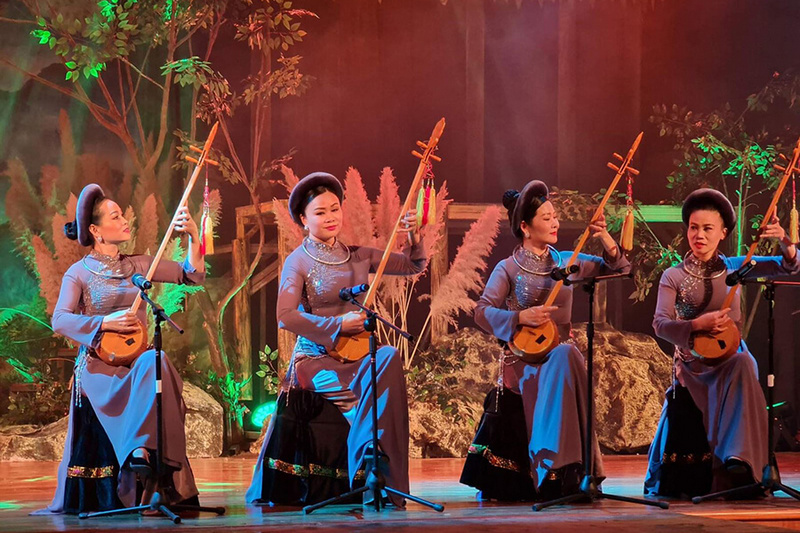
Travelers' interest and appreciation for traditional arts and crafts also encourage artisans to continue their legacy, creating unique and beautiful works of art
How to Apply for a Vietnam Tourist Visa?
Visavnonline.com is a specialized website that provides visa application services for Vietnam tourist visas. This website offers detailed information about various types of visas and the necessary requirements for the application process. You can access this website to understand the visa application procedure and follow the steps for registration.
Visavnonline.com provides a step-by-step guide to apply for a tourist visa for foreign visitors. You will be guided on how to fill out the visa application form, provide the required documents, and complete relevant procedures. The website also provides information about processing times and service fees, allowing you to choose the suitable visa type and proceed with the application conveniently and efficiently.
Thank you for taking the time to read this article. Vietnamese culture is truly a memorable journey that everyone should experience at least once in their lifetime. Whether you are a traveler looking to explore or a Vietnamese person seeking to understand more about your own heritage, take the time to truly enjoy and immerse yourself in this rich cultural heritage. When you plan to visit Vietnam, Visavnonline.com is here to assist you with the fastest visa processing.





